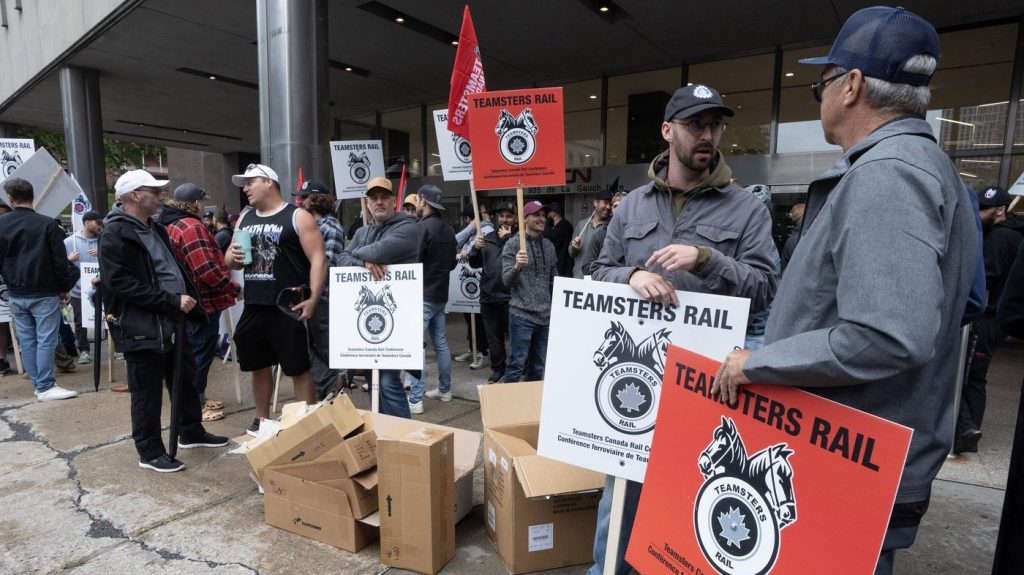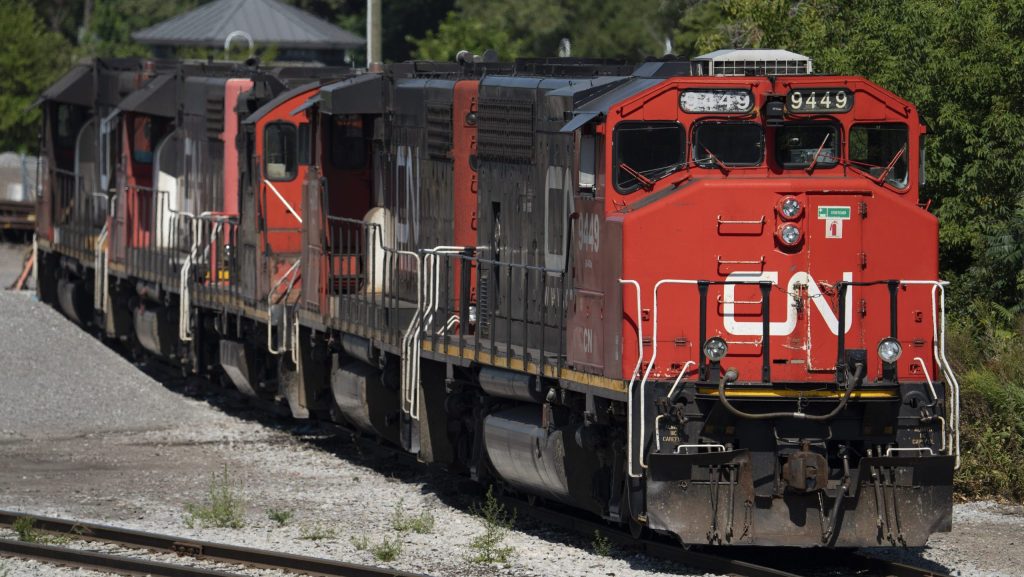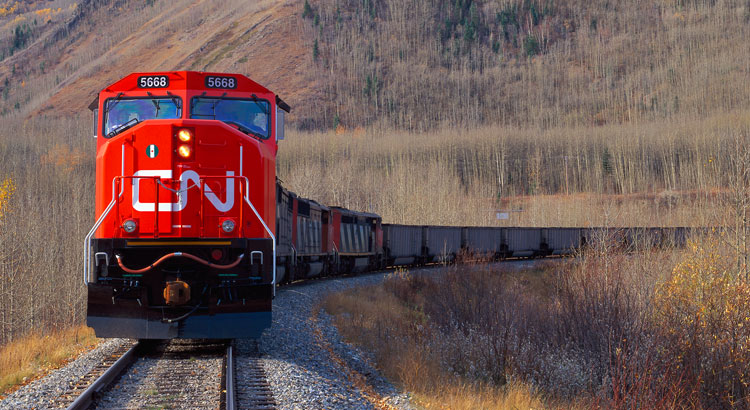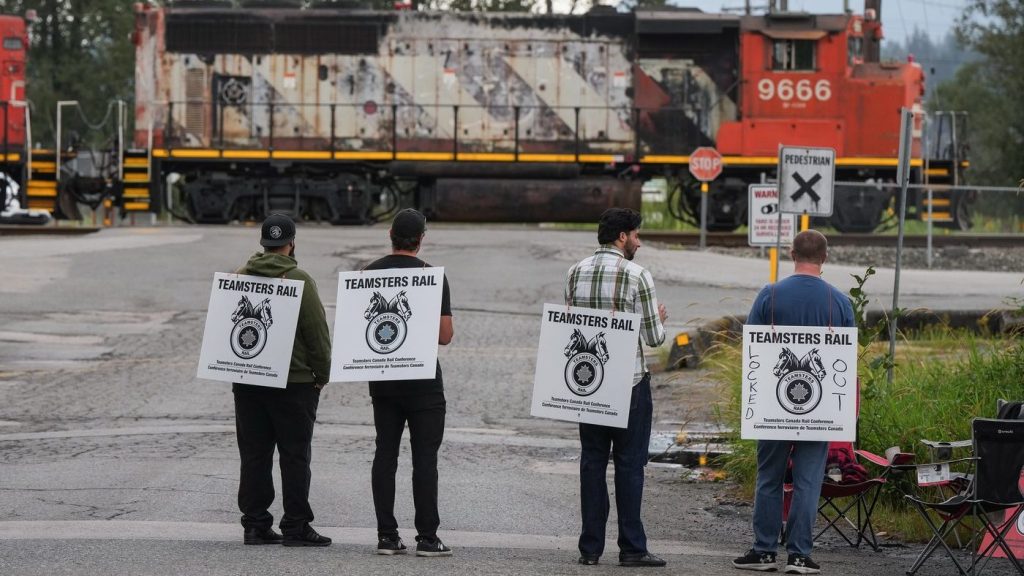Uncertainty remains surrounding rail strike
Posted August 23, 2024 5:13 pm.
Last Updated August 24, 2024 10:17 am.
While Canadian National Railway workers returned to work on Friday after the company ended its lockout, there’s still uncertainty if CN and Canadian Pacific Kansas City trains will be running next week, as some say, this labour disruption could have been avoided.
University of Manitoba professor Bruce Curran wrote an op-ed in the Globe and Mail arguing that if proposed federal changes to safety rules governing fatigue management, an issue pertaining to this labour dispute, were done sooner, we wouldn’t be in this position.
“There has been plenty of time, the federal government has been working on these provisions that they are calling fatigue management system regulations. They did enter into a set of consultations for these. These consultations ended in 2022,” explained Curran.
“They are proposing to enter into consultation for these sets of draft regulations, but they haven’t provided them yet. They are suggesting it will be 2025, before they are actually implemented. I would argue had these been in place, then you wouldn’t have been forcing the parties in this dispute to be negotiating over safety.”
RELATED:
Federal labour minister Steven MacKinnon ordered railway companies CN and CPKC to resume their operations as well as to have the union, the Teamsters Canada Rail Conference, and the employers go to binding arbitration.
While CN workers returned to work Friday, the union served strike notice to the railway company the same day, which could see workers walkout as soon as Monday. CPKC says they are preparing to restart its railway operations, as the work stoppage there continues.
Despite the parties being sent to binding arbitration, it’s unclear if the Canada Industrial Relations Board would actually impose binding arbitration.
“When it comes to addressing issues around rights, arbitration is much less effective. When you are settling a disagreement between two sides about money, arbitrators will look at what other employers and unions negotiated,” said David Camfield, a professor of labour studies at the University of Manitoba.
“But when it comes to a question of do you allow the workers to retain their existing rights or do you weaken those rights where the employer wants them weakened, that’s not the same kind of issue. Arbitrators are generally hesitant to make big changes around rights and around the language that’s there in a contract.”
As the two sides battle it out, some say the uncertainty that lies ahead could cause reputational harm, especially with our neighbours down south who also rely on our rail system.
“We are very dependent on rail in this country, because we have a lot of products that move by rail. These are heavy products moving long distances, and a lot of it is commodities, whether it may be forest products, or grain, or coal, or potash, the list goes on,” said Barry Prentice, a supply chain management professor and director of the University of Manitoba Transport Institute.












